Next Industrial Revolution hits Sydney with artificial intelligence in transport, health and housing
Behind closed doors our city’s best minds are weaving artificial intelligence into cancer treatment, retail shopping, aged care, urban planning, and even our traffic lights and signals. See into Sydney’s future through the eyes of AI experts.
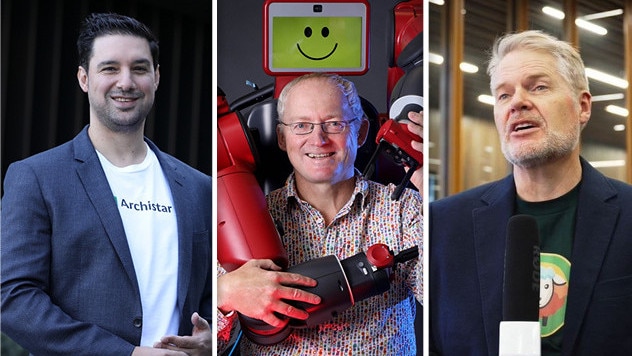
NSW
Don't miss out on the headlines from NSW. Followed categories will be added to My News.
Artificial intelligence and autonomous technology is set to reshape the face and streets of Sydney in a cultural reset the likes of which hasn’t been seen since the Industrial Revolution, experts and industry players say.
Behind closed doors the Harbour City’s best minds are weaving AI into cancer treatment, retail shopping, aged care and disability services, medical training, urban planning and even our traffic lights and signals.
Chief Scientist at UNSW’s Artificial Intelligence Institute Toby Walsh said AI will “profoundly change the fabric of our cities” and the way we live, just as the Industrial Revolution did.
“We went from living in towns and villages and working in the fields to working in factories and offices in the city, and I think this is going to be again, as profound,” he said.
Around the world almost one billion dollars is being invested in AI every day, Professor Walsh said, but it’s the “secondary effects” – including the impact on the job market and economy – that are often the “hardest ones to predict”.
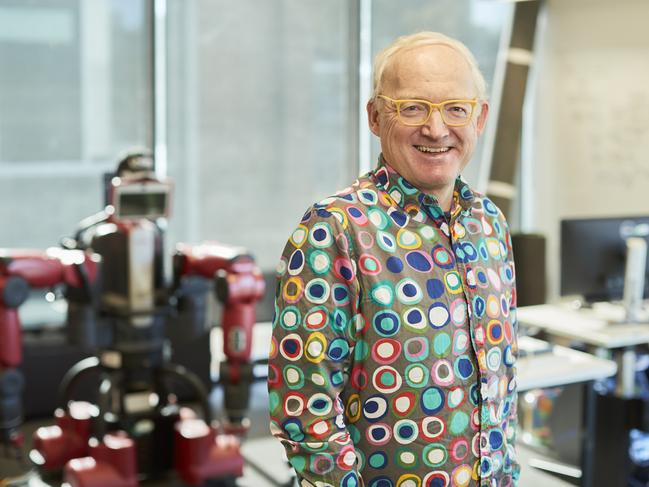
Sydney already plays host to more artificial intelligence start-ups than any other city in Australia, with the CSIRO recently finding nearly half of the nation’s AI ecosystem is headquartered here.
CAN AI SOLVE OUR HOUSING CRISIS?
Even the city’s housing crisis could have an artificial intelligence solution with the NSW government pouring millions into software technology to ease the backlog of development applications.
Sixteen Sydney and regional councils have been given a share of $5.6 million to trial and implement software to speed up their development approval process, the majority of which are paying local AI start-up Archistar for their services.
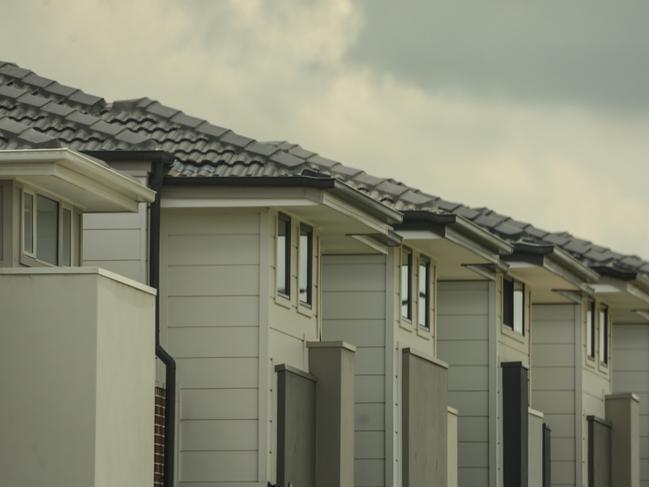
Archistar, which aggregates property information such as zoning restrictions and land values to determine the “best” and most profitable use of a site, has become one of Sydney’s many success stories after expanding into Canada and the USA.
Co-founder Benjamin Coorey said the technology allows local governments here and overseas to “get more housing out the door, quicker” – especially when interest rates fall and other construction constraints “settle down”.
“One of the biggest issues in getting submissions through the door is the delay, the back and forth with council and the applicant, and a lot of the time it’s because the designs aren’t compliant,” he said.
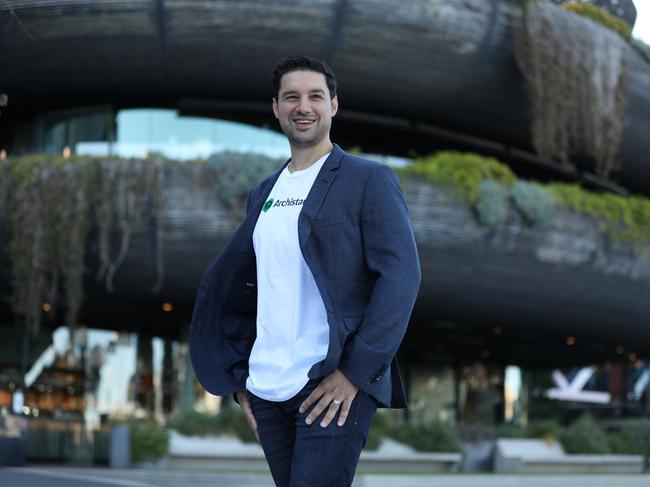
“If you can use AI to pre-check those designs … it can actually resolve a lot of those issues upfront and streamlines the process.
“There’s going to be a lot more options to choose to get housing out of the ground.”
Amid an acute skilled shortage in the planning profession, Planning Minister Paul Scully said artificial intelligence will be “critical” to speeding up the process for both the applicants and planners.
“We want our planners to be assessing development applications, not loaded up with administrative tasks that could be solved by AI before it even lands on a planner’s desk,” he said.
DIGITAL HUMANS PUT TO WORK
And it’s not only Sydney’s physical infrastructure being forever altered by artificial intelligence, but also the way we shop and the healthcare we receive.
AI researcher Mike Seymour, co-founder of the University of Sydney’s Motus Lab, has been creating “digital humans” that can try on new clothes virtually – their avatars customised to the customer’s exact physical traits – and can serve as virtual assistants to people with brain injuries.
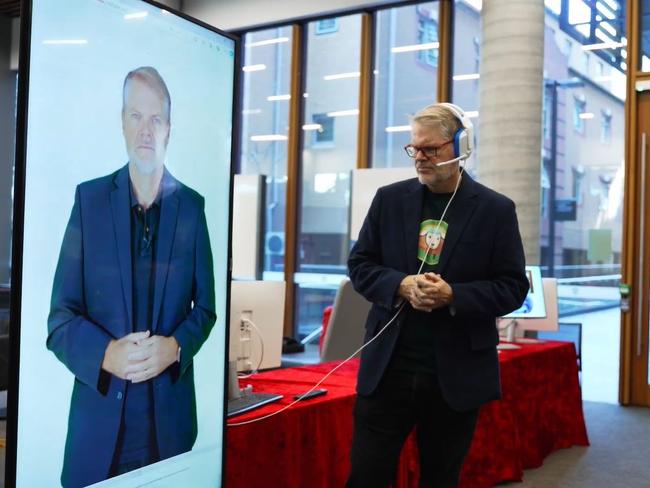
“The reality is there are certain areas – aged care, people that have special needs – where it is incredibly hard to provide the level of service that we need to be able to provide over many years,” Dr Seymour explained.
“A digital assistant has infinite patience.
“The longer we can care for people in their home, the better it will be for their health and for society.”

Virtual healthcare is a sector which has required a “global effort” to progress, Dr Seymour said, “but there’s no reason an Australian organisation can’t be at the forefront”.
“We’ve got a real nexus point right now between artificial intelligence and affordable hardware technology to enable this,” he said.
AI UNIVERSITY: VIRTUAL INSANITY?
Elsewhere at the University of Sydney, health students are being trained in advanced life support and resuscitation using virtual reality, with AI “patients” that get angry, lash out and cool down depending on how trainee doctors and nurses interact with them.
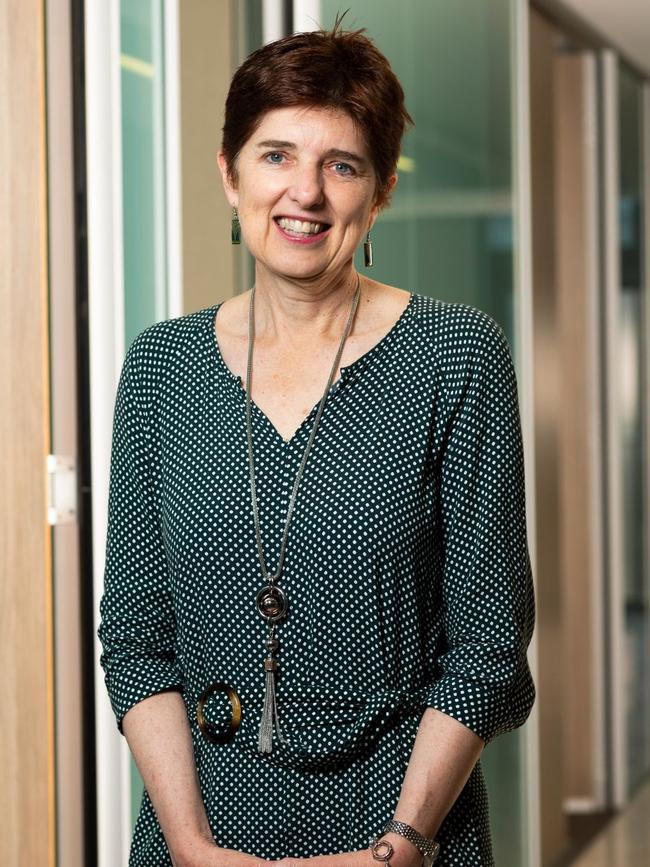
Executive Dean of Medicine and Health Professor Robyn Ward said it is now “widely accepted” that AI will have an important place in healthcare into the future, but ensuring the technology is implemented safely remains paramount.
“A good way to think of AI is just like a new drug – we wouldn’t just start injecting drugs into people without properly testing it,” she said.
Professor Toby Walsh warned that while Sydney’s researchers and entrepreneurs are contributing to world-leading advancements in fintech and medtech, without businesses coughing up more cash for research and development “it will certainly be painful for Australia” in the long term.
“The amount that business invests in R&D has always lagged in Australia – they’ve always relied on government investment, and that’s not good,” he said.
Do you have a story for The Daily Telegraph? Message 0481 056 618 or email tips@dailytelegraph.com.au





